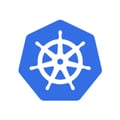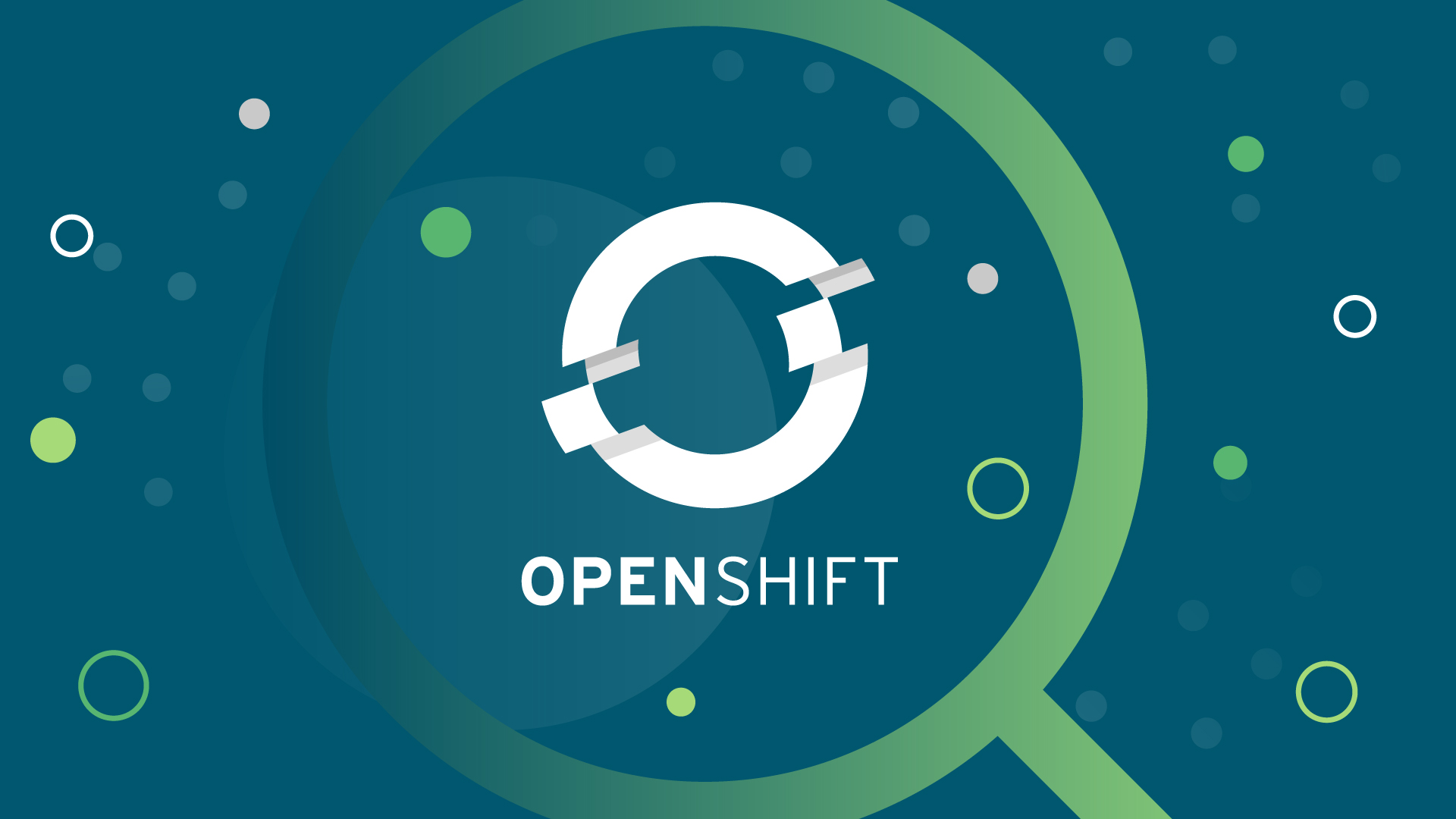At Redapt, we try to remain relatively tech agnostic. Every client we work with has specific needs, and those needs often require an array of technical skills, infrastructure, and tools.
With that said, our role is to gain experience with the most promising emerging technologies and share our informed insights. We’ve often find technologies are a match for specific use cases or are improved by pairing with other products and services.
Before we dig in, let’s review the process for how we determine which technologies work best for any company we work with.
Click here to read the complete guide on modernizing your datacenter.
 Choosing the right stacks
Choosing the right stacks
As we’ve mentioned, emerging technologies are never one-size-fits-all. Every organization has a different set of challenges they’re trying to solve, which is why we never make a recommendation on what technology a company should deploy until we have a full understanding of their needs.
To get this understanding, we ask a lot of questions to gauge a company’s current objectives, strengths, and weaknesses. Those details are then applied to our Technical Maturity Framework, which helps companies align their technology choices with their business objectives. It also helps cut through all the noise to pinpoint what solutions will work best, which challenges should be prioritized first, and how to measure progress.
For more on our maturity model, check out our free eBook The Redapt Technical Maturity Framework. As for technologies we generally recommend, read on.
 Kubernetes
Kubernetes
When assembling a tech stack from multiple vendor offerings, we’re big fans of HashiCorp with Ansible. Not only is this stack robust and reliable, but when paired with Terraform or Packet, it can also enable build pipelines to achieve better optimization.
When making Kubernetes platform selections to speed software development cycles and increase operations reliability, it's important that we understand how business goals are prioritized and DevOps maturity. An in-depth understanding of these variables yields strong platform recommendations
RedHat OpenShift
OpenShift is an enterprise supported Kubernetes platform that supports RHEL, Ansible and also includes tightly integrated logging, monitoring, and operator function. Operators allow an organization to easily operate more complex applications in the environment.
Rancher
Rancher is an awesome option for organizations interested in open source and a multi-cloud control plane. We have a long track record with the leadership team and believe in their ability to execute.
VMware PKS
PKS makes sense for organizations that want to improve software delivery velocity on their current VMware infrastructure. PKS allows organizations to leverage their current talent and investments.
Google Anthos
Anthos is one of the newest technologies on the block but is supported by one of the largest contributors to open source kubernetes. The solution tightly integrates on-premises infrastructure to Google Cloud.
In closing ...
These are just a few of the solutions that impress us. For more information, or if your company has a specific question or challenge you want to address when it comes to your technical stacks, feel free to reach out.
Get Your FREE Workplace Modernization Playbook.
Learn how to adopt new technologies that make your organization more nimble and efficient.
Categories
- Cloud Migration and Adoption
- Enterprise IT and Infrastructure
- Artificial Intelligence and Machine Learning
- Data Management and Analytics
- DevOps and Automation
- Cybersecurity and Compliance
- Application Modernization and Optimization
- Featured
- Managed Services & Cloud Cost Optimization
- News
- Workplace Modernization
- Tech We Like
- AWS
- Social Good News
- Cost Optimization
- Hybrid Cloud Strategy
- NVIDIA
- Application Development
- GPU



